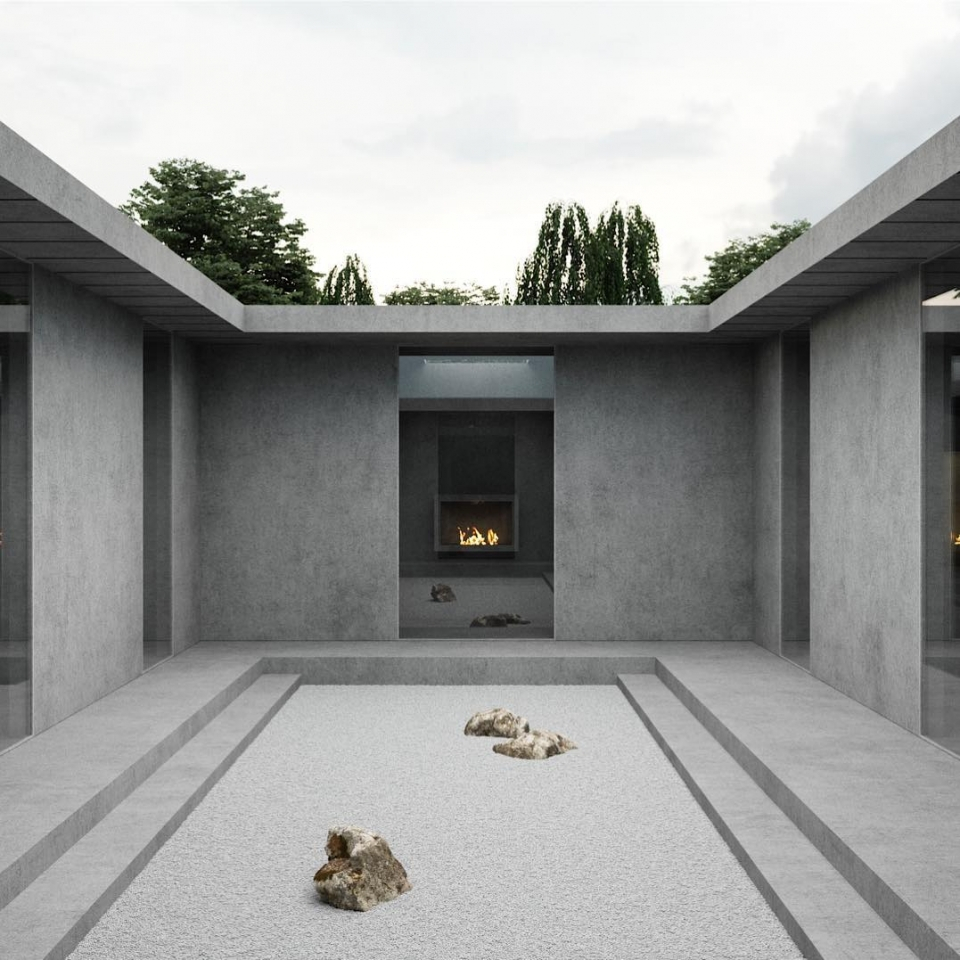....
Questions arise, perhaps not least regarding whether the self-proclaimed polymath genius is the right person to create social housing for the masses. As a professor of urban design, it’s not immediately clear to me how the competing forces of real estate, fame and social concerns can be remixed to blend harmoniously in the modern urban landscape.
....
By putting his weight behind this project, West has drawn much-needed attention to a critical issue in a society that, for many years, allowed housing to divide communities and determine social status. In the US, public housing projects are much maligned – sometimes referred to as “the housing of last resort”. If West wants to enhance the reputation of public or affordable housing as something residents can take pride in, then his intentions are admirable.
But with Kanye West, the message can always overtake the medium. With typical bombast he has said:
I’m going to be one of the biggest real-estate developers of all time – what Howard Hughes was to air crafts and what Henry Ford was to cars … We gonna develop cities.
Having purchased 300 acres of land to develop five properties, it certainly seems he is committed to the idea at some level.
It may be unhelpful, at some level, to criticise West’s motives – but we can and should question the potential outcome. As West told a group of Harvard students: “I really do believe that the world can be saved through design, and everything needs to actually be ‘architected’.”
On the plus side, this kind of vision along with West’s high level connections, considerable resources and sheer force of personality could enable this development to actually happen – which, since the demolition of the dilapidated and crime ridden Pruitt-Igoe project of St Louis, Missouri in 1973 further plunged the public view of mass housing into disrepute, is no small achievement.
Yet West is seemingly impervious to constructive criticism or capable of being managed – as he has even said himself. We can reasonably assume community engagement and participatory processes will go out of the window. These are essential for public housing, especially in the US where their omission has contributed to terrible living conditions.
In their place, his love for the people is expected to be met by the appreciation and gratitude of the masses. His embrace of disruption does not acknowledge the consequences – in a lot of cases, innovation fails to favour people living on low incomes. In the context of urban design, putting in place infrastructure such as train tracks and highways has typically served to provide sharp boundaries between different communities.
....

